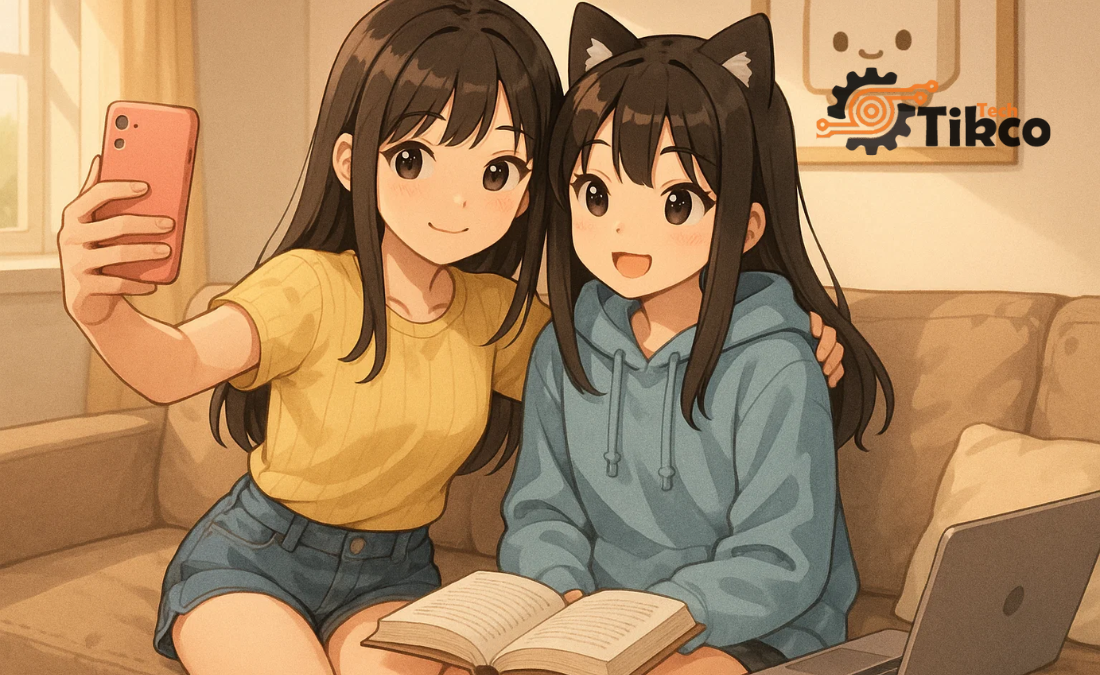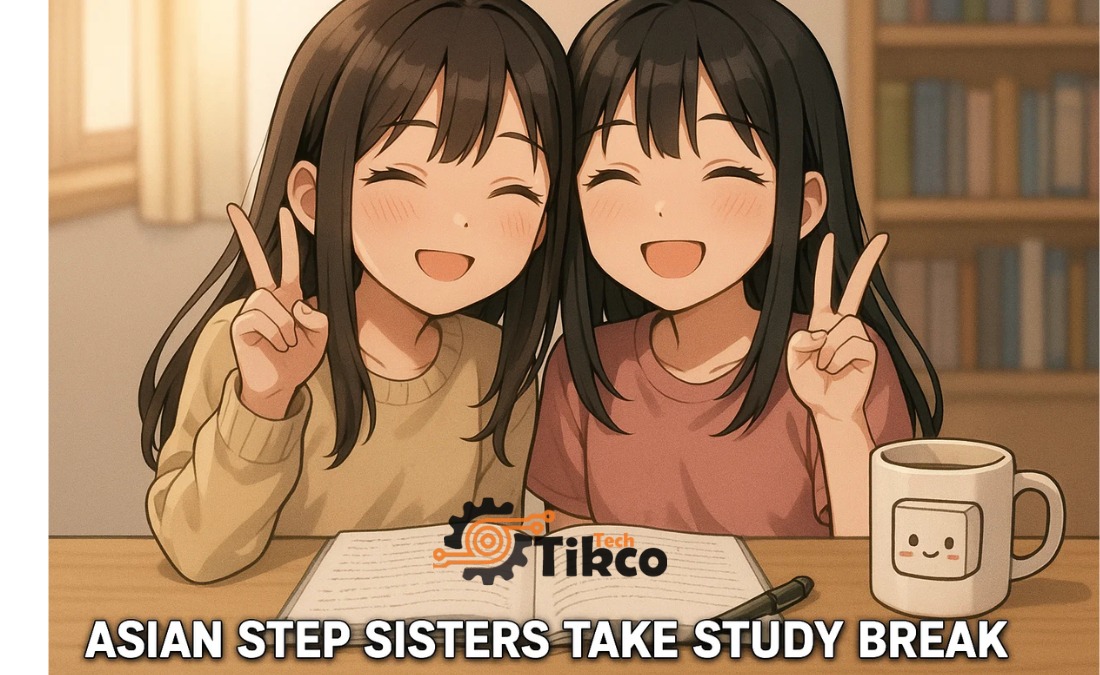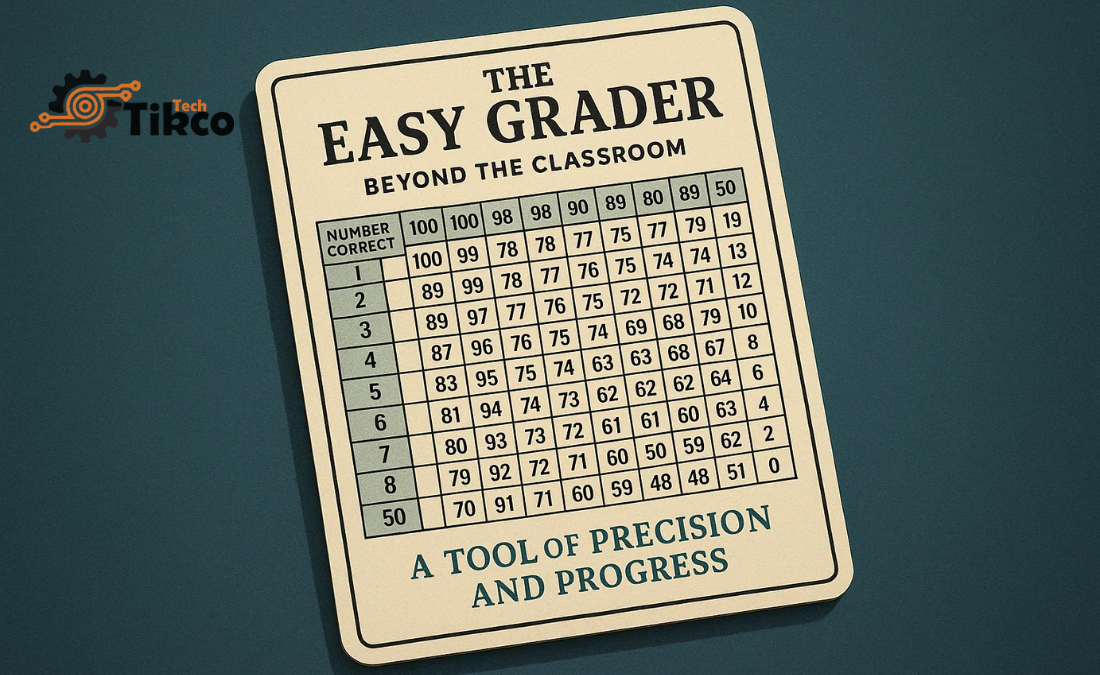In the vast, interconnected landscape of internet culture, certain phrases emerge that seem like nonsensical artifacts to the uninitiated. “Asian Step Sisters Take Study Break – Uwu Tofu” is one such phrase. On its surface, it reads like a randomly generated title from a specific genre of online video content. Yet, to dismiss it as mere algorithmic fodder is to miss a richer, more nuanced story about representation, the evolution of family, the immense pressure on students, and the unique linguistic culture of the internet. This phrase, in its quirky specificity, acts as a tiny window into the lives of a generation navigating identity, academia, and connection in the digital age.
Deconstructing the Keyword: A Lexicon of Modernity
To understand the phenomenon, we must first break down the components of its title. Each segment carries a weight of cultural meaning.
- Asian: This is the foundational layer of representation. For decades, mainstream Western media offered limited and often stereotypical roles for Asian individuals. The rise of globalized content platforms like YouTube and TikTok has allowed Asian creators to tell their own stories. The term “Asian” here is not a monolith; it can represent creators of Korean, Japanese, Chinese, Vietnamese, or Filipino descent, among others, sharing slices of their lived experience. It signifies a move from being the “other” in a narrative to being the protagonist of one’s own story.
- Step Sisters: This term speaks to the modern reconfiguration of family. The “step-family” dynamic is a common reality for millions, yet its portrayal has often been fraught with tension and rivalry, thanks to age-old fairy tales. The use of “step sisters” in this context, however, almost always implies a positive, supportive relationship. It highlights a chosen kinship, a bond forged not solely by blood but by shared circumstance and mutual affection. It’s a narrative of blending families that focuses on harmony and camaraderie, rather than conflict.
- Take Study Break: This is the core action and a universally relatable scenario. It immediately evokes the image of intense academic pressure—a reality acutely felt in many Asian and Asian diaspora households where educational achievement is heavily emphasized. The “study break” is a sacred interval, a necessary pause from the grueling marathon of exams, assignments, and revision. It is a moment of sanctioned respite, where the focus shifts from intellectual exertion to emotional and social replenishment.
- Uwu Tofu: This is the linguistic heart of internet culture. “Uwu” is an emoticon representing a cute, happy face, often associated with anime and “kawaii” (cute) culture. It conveys a feeling of warmth, comfort, and affectionate contentment. “Tofu,” a staple food in many Asian cuisines, is more than just a protein source here. It is a comfort food, often soft, warm, and soothing. Together, “uwu tofu” creates a powerful sensory idea: the act of eating a simple, comforting food like tofu generates a feeling of “uwu”—a safe, cozy, and deeply satisfying happiness.
When combined, the phrase paints a very specific and idyllic picture: two young women, connected by a modern family structure, supporting each other through the shared struggle of academics, and bonding over a simple, comforting meal. It’s a vignette of domestic bliss that feels both aspirational and authentic.
The Allure of the “Study Break” Video: More Than Just Procrastination
The genre of “study break” or “study with me” videos has exploded in popularity, and the inclusion of siblings, particularly sisters, adds a unique social dimension. Why do millions flock to watch these seemingly mundane moments?
- The Comfort of Shared Struggle: Studying is often a solitary and isolating activity. Watching someone else endure the same process—the focused silence, the piles of textbooks, the occasional frustrated sigh—validates the viewer’s own experience. It creates a sense of companionship, a digital study buddy that alleviates loneliness.
- Productivity Motivation (Studyblr & Gongbang Culture): These videos are often beautifully shot, with aesthetically pleasing stationery, organized desks, and soft, ambient lighting. This draws from “Studyblr” (Study Tumblr) and Korean “Gongbang” (study broadcast) cultures. Viewers are not just watching a break; they are immersing themselves in an aspirational model of productivity. The subsequent break serves as a reward, a template for how to effectively structure their own study sessions.
- The Relatability of Family Dynamics: The interaction between the step-sisters is the main event. Their conversation during the break isn’t about dramatic plot points; it’s about complaining about a difficult professor, sharing a funny meme, or simply discussing how tired they are. This normalizes their relationship, showing that step-siblings can have the same easy, teasing, and supportive bond as biological ones. It humanizes a family structure that has been historically stigmatized.

Uwu Tofu: The Symbolism of Comfort in a Bowl
The choice of tofu as the break-time snack is profoundly symbolic. In the context of this scene, tofu is unlikely to be a complex, restaurant-style dish. It is far more likely to be a simple, steaming bowl of soft or silken tofu, perhaps seasoned lightly with soy sauce, scallions, and a sprinkle of sesame seeds, or served in a gentle broth.
This preparation highlights its role as a comfort food. It is easy to digest, gentle on the stomach, and quick to prepare—essential qualities during a short study break. The “uwu” feeling is generated by this simplicity and warmth. It’s not an extravagant feast; it’s a humble, nourishing meal that provides both physical sustenance and emotional solace. It represents a return to basics, a moment of culinary comfort that grounds the sisters amidst their academic anxieties. This shared meal reinforces their bond; they are not just studying in the same house, they are partaking in a shared, comforting ritual.
The Broader Cultural Implications: Rewriting Narratives
The popularity of content encapsulated by “asian step sisters take study break – uwu tofu” is part of a significant cultural shift.
- Subverting Stereotypes: It actively challenges the “Tiger Mom” and the perpetually high-achieving, socially isolated Asian student stereotype. While the academic pressure is acknowledged, the narrative focus is on balance, self-care, and healthy relationships. These creators are showing a multifaceted identity: they are diligent students, but they are also sisters, friends, and individuals who need and enjoy relaxation.
- Normalizing Blended Families: By presenting a positive and utterly mundane step-sibling relationship, this content normalizes non-traditional family structures. It shows that love and support are not contingent on blood relation, offering a refreshing and much-needed narrative for audiences in similar situations.
- The Globalization of “Cute”: The use of “uwu” signifies how internet culture has created a global visual and emotional language. A Japanese emoticon is being used by creators potentially in the United States or Canada to describe a feeling associated with a Chinese food, all consumed by a global audience. It represents a new form of cultural fusion, born entirely online.
Conclusion
“Asian step sisters take study break – uwu tofu” is far more than a quirky string of words designed for search engine optimization. It is a micro-narrative that captures the spirit of a generation. It is a story about finding your people, whether by blood or by chance. It is about acknowledging the immense pressure to perform while championing the radical act of taking a break. And it is about finding profound comfort in the simplest of things—a warm bowl of food, a shared laugh, and the quiet understanding of someone who is on the same journey. In the end, this phrase isn’t just about step-sisters or tofu; it’s about the universal human need for connection, comfort, and a little bit of “uwu” in the midst of life’s demanding chapters.




